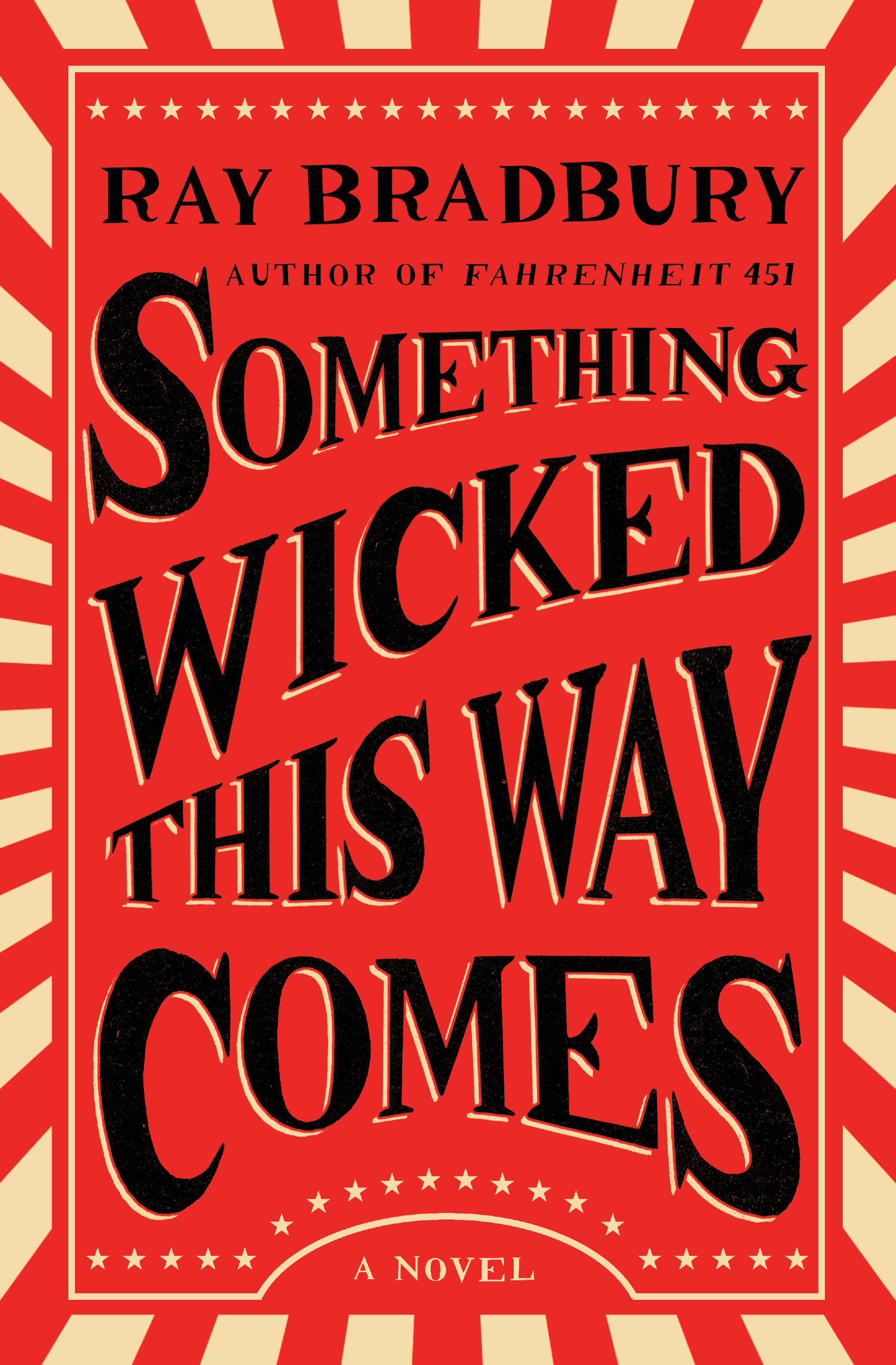Chapter 14
byChapter 14 opens in the quiet of the early morning, where Will is left to ponder the feelings that the hour of three a.m. stirs within him. Wrapped in the warmth of his bed yet chilled by an unsettling discomfort, he hears his father’s voice repeating the word “three,” a word laden with troubling memories. This recollection stems from a time when a train arrived at precisely this hour, an event that has long haunted Will’s thoughts, filling him with a sense of dread and foreboding. The connection between the number and the incident makes Will question his own feelings of unease, wondering if there was something significant about the time or the moment that he had overlooked. His mind races as he contemplates the nature of time and the darkness that creeps into a sleepy town at night. His thoughts drift, filled with an overwhelming sense of helplessness as he struggles to quiet his mind and focus on the safety of his home, yet the sensation of being trapped in his own swirling thoughts persists. It is a time when questions of the unseen forces of life seem more pressing than ever.
Meanwhile, Charles Halloway, Will’s father, is also lost in thought, reflecting on the significance of this particular hour—three a.m.—and the feelings it brings. To Charles, this time represents more than just a moment in the night. He believes it to be a time of introspection for men, a period of deep self-examination, while women remain undisturbed by the weight of their thoughts, sleeping peacefully. Charles views three a.m. as a form of “living death,” a time that conjures up past joys now tainted with sorrow, reminding him of what has been lost and never reclaimed. He contemplates the paradox of existence—the desire to hold onto life and the overwhelming burden of realizing that time, once passed, can never be retrieved. These reflections flood his mind as he experiences a deep sense of longing for a life that seems so far out of reach, while at the same time grappling with the emptiness and regret that accompany the night hours. The weight of this existential crisis presses heavily upon him, marking this hour as one filled with emotional turmoil.
As Charles is caught in the deep currents of his inner reflections, a soft voice from his wife, interrupting his solitude, brings him back to reality. She quietly inquires, momentarily breaking the grip of his inner conflict, but Charles cannot bring himself to share the depths of his emotional struggle with her. He finds it difficult to articulate the complex feelings that have overwhelmed him, unable to explain his thoughts to her in any meaningful way. Despite his silence, the presence of his family offers a sharp contrast to the feelings of isolation he’s been battling throughout the night. In this brief exchange, Charles is reminded of the love and connection he shares with his wife and son, yet his emotional distance from them grows more pronounced. The juxtaposition of his internal torment and the warmth of his familial bonds emphasizes the loneliness that comes with grappling with one’s deepest thoughts. This chapter explores the conflicting emotions that arise when time, life, and personal regrets collide, revealing the complex nature of the human psyche during the quiet, reflective moments of the night. As Will and Charles navigate their respective fears and uncertainties, their experiences become a poignant reflection on the passage of time and the emotional burdens carried within. The haunting silence of the night amplifies these internal struggles, pushing both characters to confront the darker, often hidden aspects of their emotions, while also acknowledging the need for connection and understanding amidst their fears.

